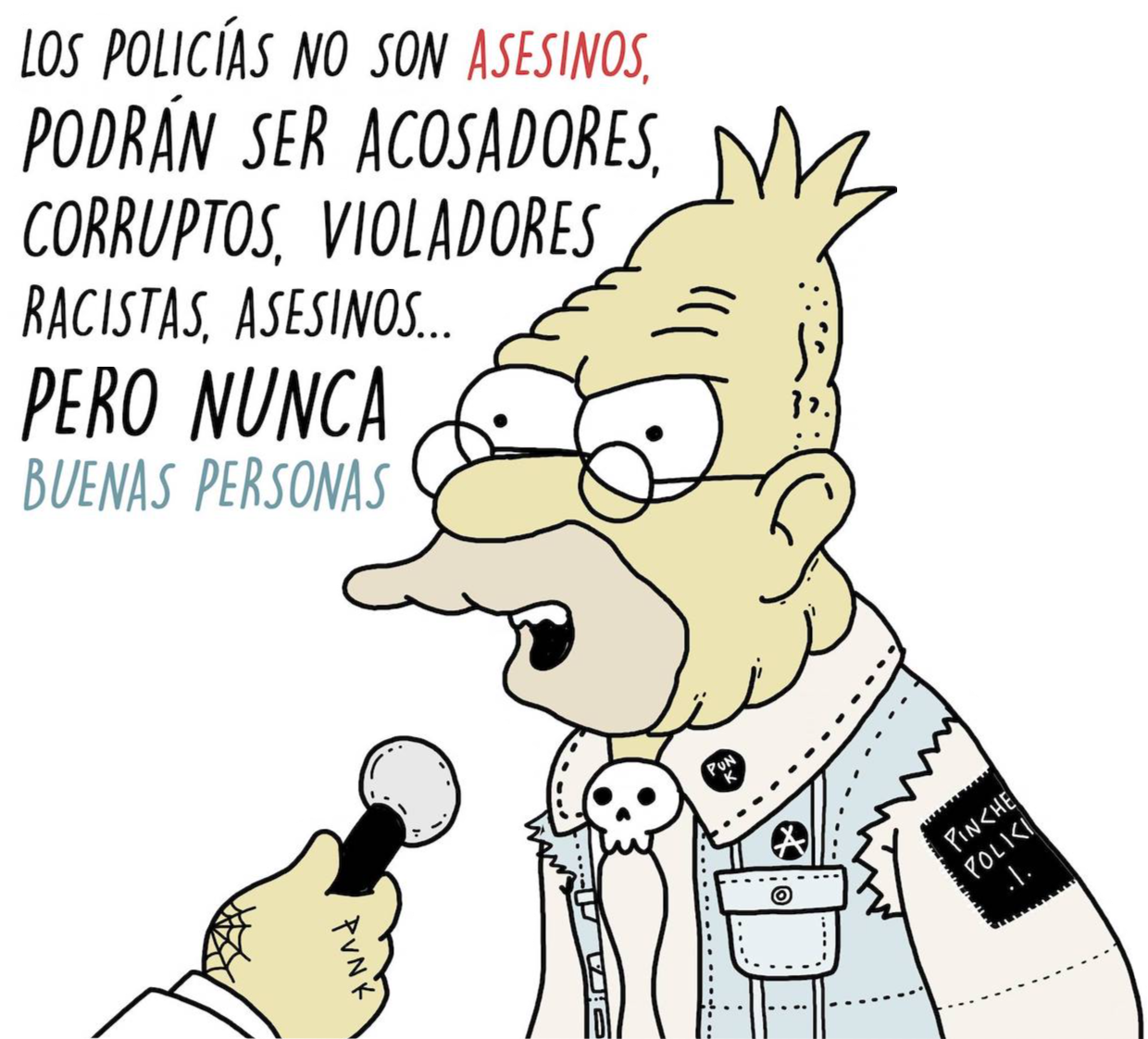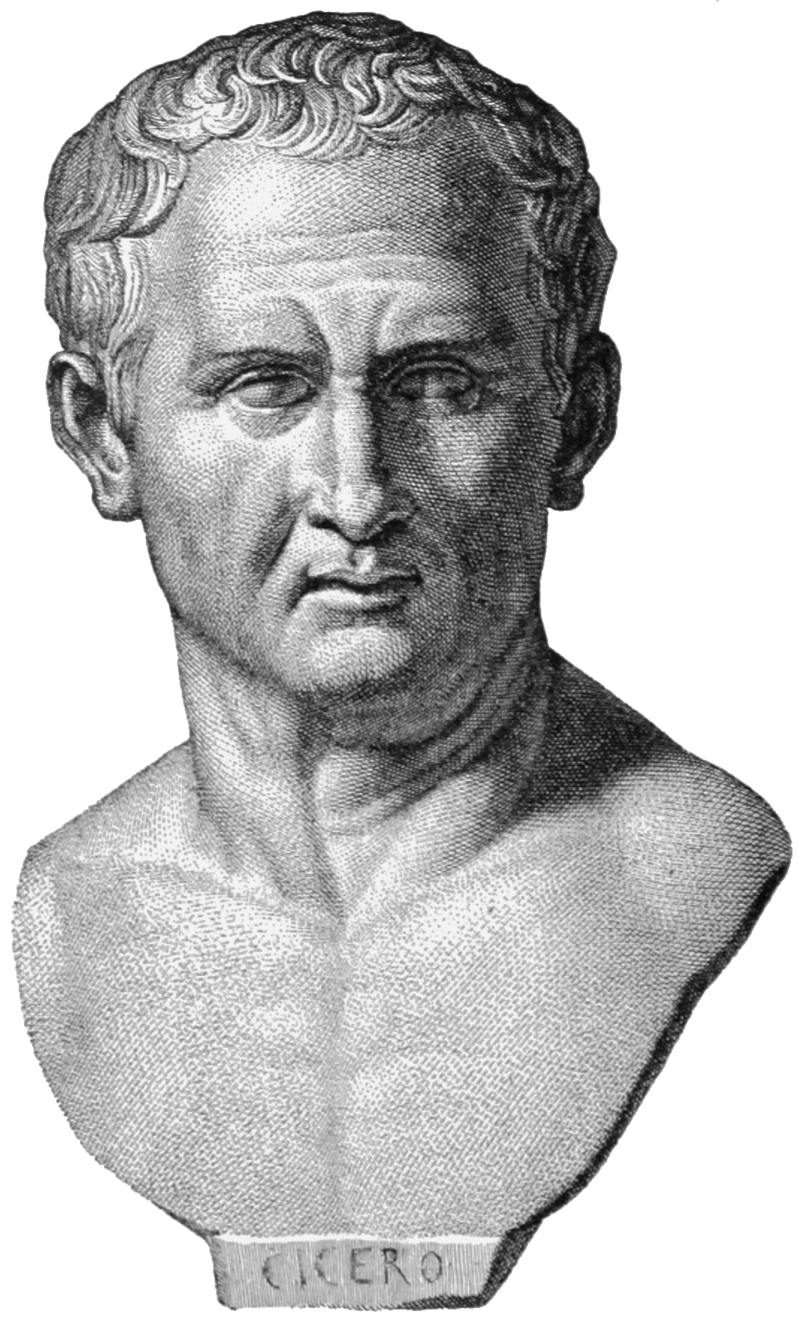


イプセ・デキシット
Ipse dixit, He
said it



☆ Ipse dixit(ラテン語で「彼自身がそう言った」の意)と は、証明のない主張、あるいは独断的な意見の表明のことで ある。 ある命題を「そういうものだ」とあからさまに主張して擁護する誤謬は、議論を完全に放棄することによって議論を歪める。著名な人が言っている ことを傘にきて、その主張を鸚鵡返しに主張すること。
★
ア
ルベルト・シュヴァイツアーは「人間としての権利が奪われた人が一人でもいるかぎり、誰も自由とはいえない」。裁判所のなかでは、収監者の権利が奪われて
いる。だから、権利を奪われていないはずの刑務所の外の人もまた、刑務所における受刑者の権利を復権するために改革を支援しなければならない。
| Ipse dixit
(Latin for "he said it himself") is an assertion without proof, or a
dogmatic expression of opinion.[1][2] The fallacy of defending a proposition by baldly asserting that it is "just how it is" distorts the argument by opting out of it entirely: the claimant declares an issue to be intrinsic and immutable.[3] |
Ipse
dixit(ラテン語で「彼自身が言った」の意)とは、証明のない主張、あるいは独断的な意見の表明のことである。 ある命題を「そういうものだ」とあからさまに主張して擁護する誤謬は、議論を完全に放棄することによって議論を歪める。 |
History The Latin form of the expression comes from the Roman orator and philosopher Marcus Tullius Cicero (106–43 BC) in his theological studies De Natura Deorum (On the Nature of the Gods) and is his translation of the Greek expression (with the identical meaning) autòs épha (αὐτὸς ἔφα), an argument from authority made by the disciples of Pythagoras when appealing to the pronouncements of the master rather than to reason or evidence.[4] Before the early 17th century, scholars applied the ipse dixit term to justify their subject-matter arguments if the arguments previously had been used by the ancient Greek philosopher Aristotle (384–322 BC).[5] Ipse-dixitism In the late 18th century, Jeremy Bentham adapted the term ipse dixit into the word ipse-dixitism.[6] Bentham coined the term to apply to all non-utilitarian political arguments.[7] Legal usage In modern legal and administrative decisions, the term ipse dixit has generally been used as a criticism of arguments based solely upon the authority of an individual or organization. For example, in National Tire Dealers & Retreaders Association, Inc. v. Brinegar, 491 F.2d 31, 40 (D.C. Cir. 1974), Circuit Judge Wilkey considered that the Secretary of Transportation's "statement of the reasons for his conclusion that the requirements are practicable is not so inherently plausible that the court can accept it on the agency's mere ipse dixit".[8] In 1997, the Supreme Court of the United States recognized the problem of "opinion evidence which is connected to existing data only by the ipse dixit of an expert".[9] Likewise, the Supreme Court of Texas has held "a claim will not stand or fall on the mere ipse dixit of a credentialed witness".[10] "[W]hen you come across an argument that you recall the majority took issue with," U.S. Supreme Court Justice Elena Kagan advised readers of her dissent in 2023's Andy Warhol Foundation for the Visual Arts, Inc. v. Goldsmith, "go back to its response and ask yourself about the ratio of reasoning to ipse dixit."[11] In 1858, Abraham Lincoln said in his speech at Freeport, Illinois, at the second joint debate with Stephen A. Douglas:[12] I pass one or two points I have because my time will very soon expire, but I must be allowed to say that Judge Douglas recurs again, as he did upon one or two other occasions, to the enormity of Lincoln,—an insignificant individual like Lincoln,— upon his ipse dixit charging a conspiracy upon a large number of members of Congress, the Supreme Court, and two Presidents, to nationalize slavery. I want to say that, in the first place, I have made no charge of any sort upon my ipse dixit. I have only arrayed the evidence tending to prove it, and presented it to the understanding of others, saying what I think it proves, but giving you the means of judging whether it proves it or not. This is precisely what I have done. I have not placed it upon my ipse dixit at all. |
歴史 このラテン語の表現は、ローマの雄弁家であり哲学者であったマルクス・トゥリウス・キケロ(Marcus Tullius Cicero, 紀元前106-43年)の神学研究書『De Natura Deorum(神々の本質について)』に由来し、ギリシャ語の表現(同じ意味)であるautòs épha(αŐτὸς ἔφα)を翻訳したものである。 17世紀初頭以前は、古代ギリシアの哲学者アリストテレス(紀元前384年~322年)によって使用されたことのある論証であれば、学者たちは自分たちの 主題の論証を正当化するためにイプセ・ディクシティという用語を適用していた[5]。 イプス・ディクシティズム 18世紀後半、ジェレミー・ベンサムはipse dixitという用語をipse-dixitismという言葉に転用した[6]。ベンサムはこの用語をすべての非功利主義的な政治的議論に適用するために 造語した[7]。 法的用法 現代の法律や行政の決定において、ips dixitという用語は一般的に個人や組織の権威のみに基づく議論に対する批判として使用されている。例えば、National Tire Dealers & Retreaders Association, Inc. v. Brinegar, 491 F.2d 31, 40 (D.C. Cir. 1974)において、ウィルキー巡回判事は、運輸長官の「要件が実行可能であるという結論の理由の記述は、裁判所が機関の単なるips dixitに基づいてそれを受け入れることができるほど本質的にもっともらしいものではない」と考察している[8]。 同様に、テキサス州最高裁判所は、「信憑性のある証人の単なる戯言によって主張が左右されることはない」と判示している[9]。 [10]「多数派が問題にしていたことを思い出すような議論に出くわしたとき、」連邦最高裁判所のエレナ・ケイガン判事は、2023年のアンディ・ウォー ホル財団対ゴールドスミス裁判における彼女の反対意見の読者に、「その回答に戻り、推論と戯言の比率について自問しなさい」と助言している[11]。 1858年、エイブラハム・リンカーンはイリノイ州フリーポートでのスティーヴン・A・ダグラスとの第2回合同討論会での演説で次のように述べている [12]。 私の持ち時間は間もなく切れるので、1つか2つの点を述べるにとどめるが、ダグラス判事は、他の1つか2つの機会でもそうであったように、リンカーンの、 リンカーンのような取るに足らない個人の、奴隷制を国有化しようとする多数の連邦議会議員、最高裁判所、そして2人の大統領の陰謀を告発した彼の迂遠な言 説の重大さについて、再び言及したことを申し上げておかねばならない。まず最初に言っておきたいのは、私は思いつきでいかなる告発もしていないということ だ。私は、それを証明する傾向のある証拠を並べ、他の人々の理解を得られるように提示し、それが何を証明すると私が考えるかを述べ、それが証明するかどう かを判断する手段を与えただけである。これこそ私が行ったことだ。私は、それを私の独断の上に置いてはいない。 |
| https://en.wikipedia.org/wiki/Ipse_dixit |
リ ンク
文 献
そ の他の情報
Copyleft, CC, Mitzub'ixi Quq Chi'j, 1996-2099
☆
 ☆
☆